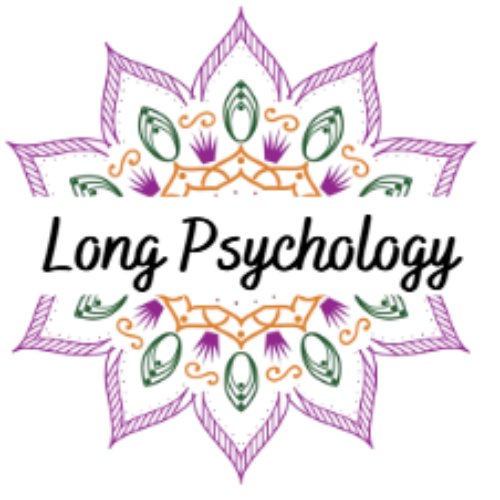Over the years, I’ve thought a lot about what defines me as a therapist. At first, it felt like I was sitting in a small motorboat exploring a vast sea of possibilities while trying to find my direction. There was so much information to learn in graduate school, clinical training experiences, and beyond. I still feel like there is a limitless filing cabinet in the back of my mind where I can continuously input knowledge, research, and perspective. However, with time and experience, I chugged along and found my direction.
I am very passionate about approaching my clinical work as a neurodiversity affirming therapist. What does that mean? Well, the pathology paradigm assumes that there is one “right” or “normal” way for human brains to function and if your neurotype does not align with this, then you are “abnormal”. This type of thinking is based on the medical model of disability, which focuses on deficits. On the other hand, the neurodiversity paradigm focuses on differences and assumes that diversity among brains is natural, necessary, and valuable. There is no normal. Sure, there tends to be dominant groups across all areas of human diversity, but we can’t confuse dominant with best.
My perspective is that there is no normal and no “right” way of being. There is no prototype. We all have our differences. Just because someone doesn’t fit nice and neatly into a box that some part of society created, does not mean that there is something “wrong” with them. It means that they are a fellow human with a complex brain who is doing their best to navigate a tough world and a harsh society. They are not abnormal and do not need to be cured or fixed. If we are being honest with ourselves, all humans are flawed works-in-progress who periodically fail, make mistakes, and experience hardships.
As a therapist, I think it is absolutely critical to abandon the pathologizing medical model of disability. Affirming therapy can be incredibly life-changing for neurodivergent individuals who have received messaging that they are not normal and must change to fit the dominant group. Therapy provides the opportunity to undo this messaging, celebrate differences, gain insight into strengths, and develop autonomy, self-advocacy, and independence.
It's no coincidence that this was the topic I chose to write about for my first blog. It was a no brainer for me. The neurodiversity movement and shift away from the medical model defines my clinical work and needs to be talked about. More to come in future blogs.
Until then, I encourage you to reflect on what differences make you uniquely and exceptionally you. Make some room for those traits that are not prized by the dominant culture and remind yourself that despite the challenges that a neurotypical world poses for these traits, they can be held with compassion, acceptance, and even celebration.

